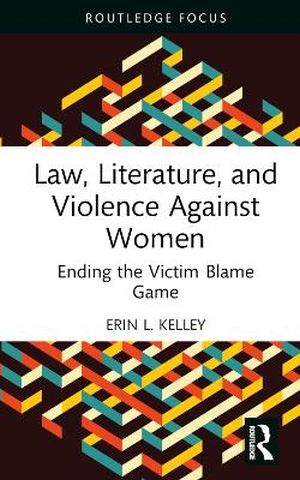
This book engages legal and literary texts in order to examine acquaintance crimes, such as rape, sexual harassment, stalking, and domestic abuse, and to challenge how the victim's physical or psychological 'freeze response' is commonly and inaccurately mistaken for her consent.
Following increased interest in the #MeToo movement, and the discoveries of sexual abuse by numerous public figures, this book analyzes themes in law and literature that discredit victims and protect wrongdoers. Interpreting a present-day novel alongside legislation and written court cases, each chapter pairs a fictional text with a non-fictional counterpart. In these pairings, the themes, events, and arguments of each are carefully unpacked and compared against one another. As the cross-readings unfold, we learn that a victim does not 'ask for it', and she should not arise suspicions just because she does not fight, run away, or report the crime. Instead, and as this book demonstrates, the more common and most practical response shows that she becomes physically and mentally paralyzed by fear: she dissociates, shuts down, and remains stuck in the fright and captivity of abuse.
This book will interest scholars and students working in, and especially at the intersection of, law, literature, gender studies and criminology.